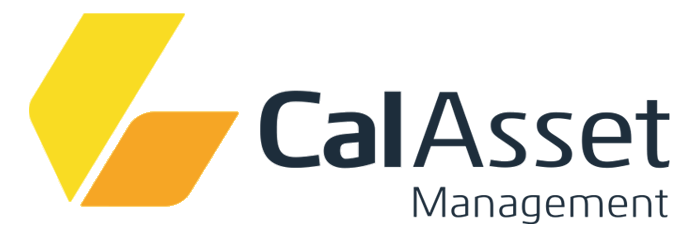In this week’s edition:
· Global Equities Post Mixed Results Amid Trade Uncertainty from the Trump Administration and Key Partners
· Gold Retreats Slightly by 0.17% as Trade Uncertainty Persists
· Ghana’s Treasury Auction Massively Oversubscribed by 95.82%, Though Yields Continue to Decline
· Ghana Stock Exchange Pulls Back on Losses in MTNGH and Financials; GSE-CI Eases to 30.65% YTD, GSE-FSI Slows to 43.55% YTD
Kindly click to view the full report: Global Market Update - July 21, 2025
AROUND THE GLOBE
· U.S. Retail Sales Rebound Stronger Than Expected
o U.S. retail sales rose by 0.6% month-over-month in June 2025, beating forecasts of a 0.1% gain and snapping two months of declines. Growth was led by autos, clothing, building materials, and restaurants. Core retail sales, used in GDP calculations, climbed by 0.5%, also above expectations. However, sales at furniture and electronics stores dipped slightly, and gasoline station sales were flat.
· Eurozone Inflation Holds at ECB Target in June
o Euro area inflation was confirmed at 2.0% in June 2025, aligning with the ECB’s target and slightly up from 1.9% in May. Services inflation rose to 3.3%, while energy prices declined at a slower pace. Inflation eased for industrial goods and food. Core inflation remained steady at 2.3%, the lowest since January 2022.
· China Holds Loan Prime Rate (LPR) Steady for Second Month
o The People’s Bank of China kept its one-year LPR at 3.0% and five-year LPR at 3.5% in July, matching forecasts. The pause comes as growth slows under US tariffs, weak domestic demand, and a property downturn. Q2 GDP rose by 5.2%, slightly above expectations, while deflation persisted. Bank lending surged, signaling ongoing support despite unchanged policy rates.
· U.S. Imposes 93.5% Tariff on Chinese Graphite Imports
o The U.S. Commerce Department has imposed preliminary anti-dumping duties of 93.5% on Chinese graphite imports, intensifying trade tensions over critical battery materials. This decision follows a petition by the American Active Anode Material Producers, which accused Chinese firms of unfair pricing. Combined with existing tariffs, the effective rate now totals 160%. The move threatens to further disrupt the global EV supply chain amid China’s own export controls. Shares of North American graphite producers rose, while battery suppliers slipped. A final ruling is expected by December 5.
· Eurozone Current Account Surplus Shrinks Sharply
o The Eurozone’s current account surplus narrowed to €1 billion in May 2025, down from €7.3 billion a year earlier. This was due to a lower services surplus and wider deficits in primary and secondary income. However, the goods surplus rose. Seasonally adjusted, the surplus increased to €32.3 billion from April’s €18.6 billion.
GHANA
· Bank of Ghana Moves Interest-Rate Announcement Back to July 30
o The Bank of Ghana has rescheduled its monetary policy announcement to July 30, reversing an earlier decision to release the outcome on Friday after a two-day emergency meeting. In a brief statement, the central bank noted that the Monetary Policy Committee (MPC) reviewed key developments, including a sharp drop in inflation, robust economic growth, and rising international reserves. Despite this, the Bank decided to wait until its regularly scheduled meeting later in the month before making any rate decision public. The abrupt changes have raised concerns among investors, who rely on the central bank for consistency in uncertain times.
AFRICA
· Nigeria’s Inflation Eases for Third Consecutive Month to 22.22% in June
o Nigeria’s headline inflation fell for the third straight month to 22.22% in June 2025 from 22.97% in May, per NBS data. However, food inflation rose to 21.97%, driven by higher prices of key items like tomatoes, meat, and pepper. While overall inflation is easing, the persistent rise in food costs continues to pressure household spending and consumer welfare.
· Ivory Coast Issues Debut ESG-Certified Samurai Bond
o Ivory Coast has raised ¥50 billion (approx. $310 million) through its first Samurai bond, becoming the first sub-Saharan African nation to enter Japan’s yen-denominated debt market. The 10-year, ESG-certified bond carries a 2.3% coupon and is guaranteed by the Japan Bank for International Cooperation (JBIC). This move aligns with the country's efforts to diversify funding sources and reduce reliance on volatile dollar-denominated markets.
Sources: Bloomberg, Reuters, Trading Economics
